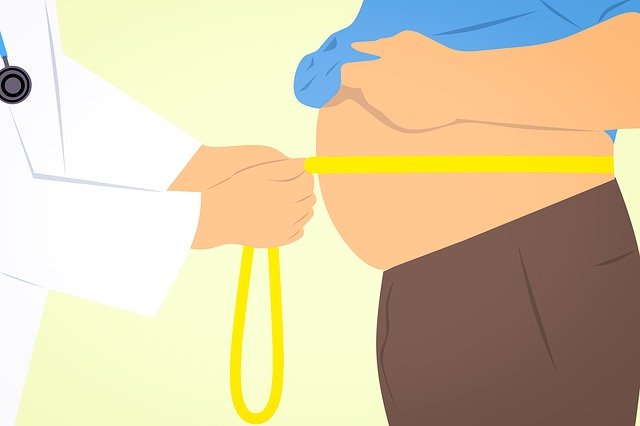
In a new study, researchers found being overweight is linked to a higher chance of surviving a stroke.
This shows the benefit of having some extra body fat.
The research was conducted by researchers from the University of California Los Angeles.
Previous studies had found cases like this and called them the obesity paradox.
The obesity paradox is a medical theory, which suggests obesity may protect older people in some conditions.
For example, it may protect very old people or those with certain chronic diseases.
Recent studies showed that carrying extra body weight may improve survival in people who had suffered from kidney and heart disease.
In the current study, the team examined whether being overweight was linked to improved stroke survival.
They tested 1,033 people with an average age of 71 who had an acute ischemic stroke. All of the people were from southern California.
This type of stroke is a common stroke where blood flow to a part of the brain is blocked.
The team checked the patients’ BMI, an index for overweight and obesity. A BMI of 25 to 29 means overweight. A BMI higher than 27 means obesity. The average BMI of the patients was 27.5.
The researchers followed up the patients for three months after their stroke and monitored their disability and recovery.
They found severely obese patients were 62% less likely to die than people of normal weight.
Obese people were 46% less likely to die after a stroke. Overweight patients were 15% less likely to die.
On the other hand, underweight patients were 67% more likely to die after a stroke than people of normal weight.
The findings suggest that being overweight and obesity may provide some benefits to protect patients after the stroke.
The researchers explain that overweight and obese may have a nutritional reserve that can help them survive during the prolonged illness.
They suggest more research is needed to examine the relationship between BMI and stroke.
In addition, more work is needed to test people from other areas in the U.S.
The lead author of the study is Zuolu Liu, MD, of the University of California Los Angeles and a member of the American Academy of Neurology.
The study was presented at the American Academy of Neurology’s 71st Annual Meeting in Philadelphia.
Copyright © 2019 Knowridge Science Report. All rights reserved.



